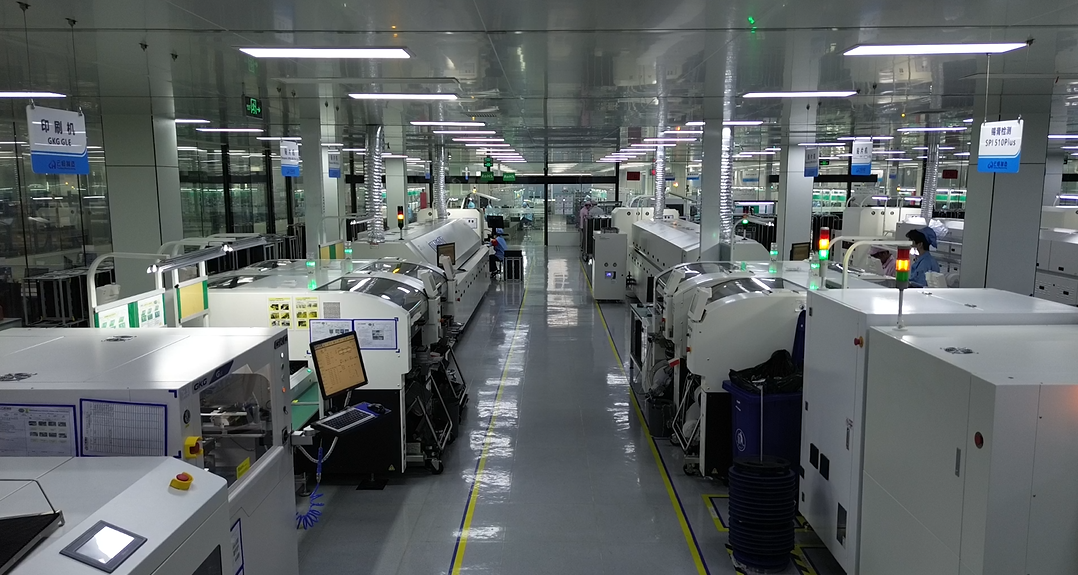ElectronicsIndustry:TheLanguageofInnovation(电子产业英语怎么说怎么写的)
The electronics industry is a vast and rapidly evolving field, encompassing everything from consumer electronics to advanced semiconductor technology. It's a realm where innovation and practicality meet, and the language used is often as complex as the products themselves. In this article, we delve into various aspects of the electronics industry, exploring its intricacies and the specialized terminology that defines it.
Components and Circuits
At the core of any electronic device are its components and circuits. Basic terms such as resistors, capacitors, inductors, transistors, and integrated circuits (ICs) form the backbone of electronic communication. These components work together to perform specific functions, from controlling the flow of electricity to processing data. Understanding these fundamental concepts is crucial for anyone looking to navigate the world of electronics.
Semiconductor Technology
Semiconductor technology is perhaps the most critical aspect of the electronics industry. It involves the creation of materials that can conduct electricity under certain conditions but not others. This unique property enables the construction of complex circuits that power everything from smartphones to spacecraft. Key terms in this domain include silicon, doping, MOSFETs (Metal-Oxide-Semiconductor Field-Effect Transistors), and photolithography.

Software and Firmware
While hardware forms the physical foundation of electronic devices, software and firmware provide the necessary instructions for their correct operation. Key terms in this area include operating systems, drivers, algorithms, and embedded systems. These enable devices to perform tasks ranging from simple calculations to complex artificial intelligence processes.
Manufacturing Processes
The manufacturing process is another vital component of the electronics industry. It involves the assembly of individual parts into complete units ready for distribution. Understanding terms like surface mount technology (SMT), pick and place machines, reflow soldering, and quality control is integral to grasp how electronic devices are produced on a large scale.
Market Trends and Consumer Preferences
Keeping up with market trends and consumer preferences is essential for companies within the electronics industry. Current interests and future directions in consumer electronics are reflected in phrases like IoT (Internet of Things), wearable technology, smart homes, and foldable screens. Understanding these trends helps manufacturers design products that meet customer needs and desires.
Environmental Impact and Sustainability
With increasing awareness about environmental issues, sustainability has become a significant concern within the electronics industry. Terms like e-waste management, green manufacturing, energy efficiency, and recyclability are now part of everyday discussions. Companies strive to reduce their carbon footprint while producing innovative products that do not harm the environment.
Regulations and Standards
The electronics industry operates under strict regulations and standards to ensure safety, interoperability, and performance. Organizations like the International Electrotechnical Commission (IEC) and the Institute of Electrical and Electronics Engineers (IEEE) establish guidelines that manufacturers must follow. It is essential to be familiar with terms such as CE marking, RoHS compliance, and FCC certification to navigate this aspect of the industry.
In conclusion, the electronics industry is a multifaceted domain characterized by specialized terminology and rapid technological advancements. From understanding basic components to staying informed about market trends, there's always something new to learn in this exciting field. Mastering the language of electronics opens up a world of possibilities for both professionals seeking to enhance their knowledge and enthusiasts eager to explore further.
